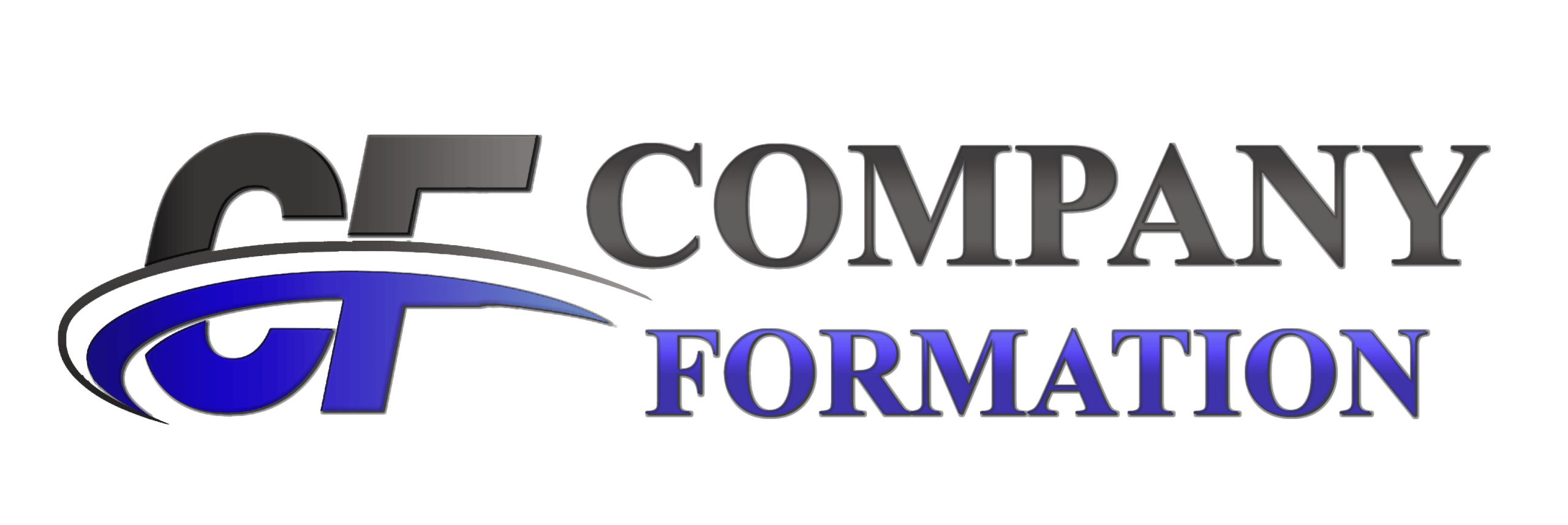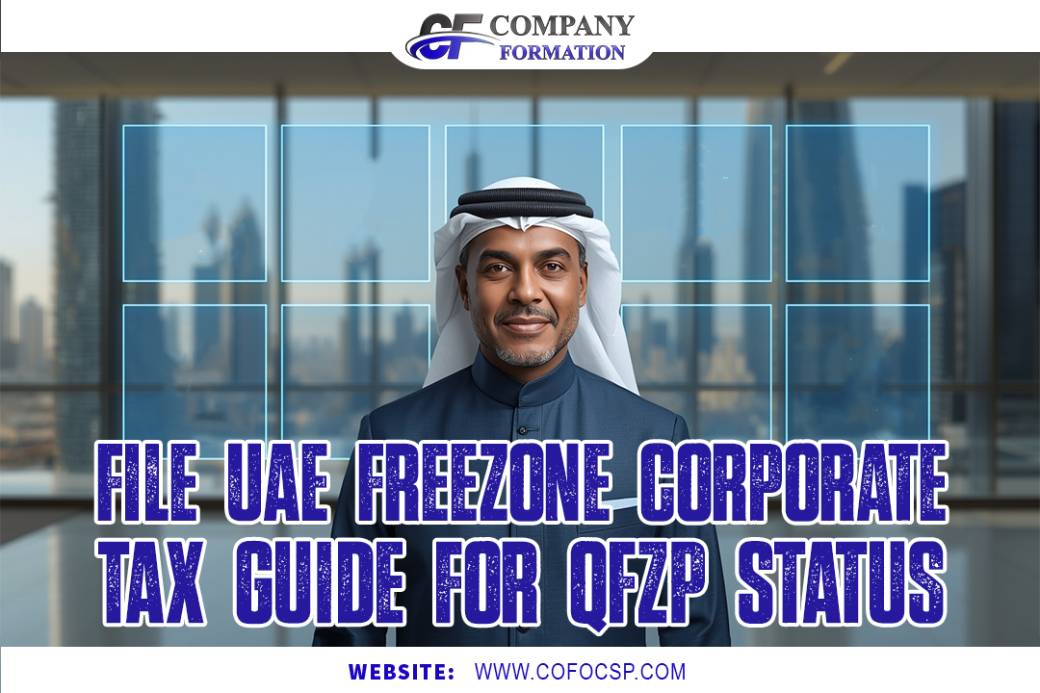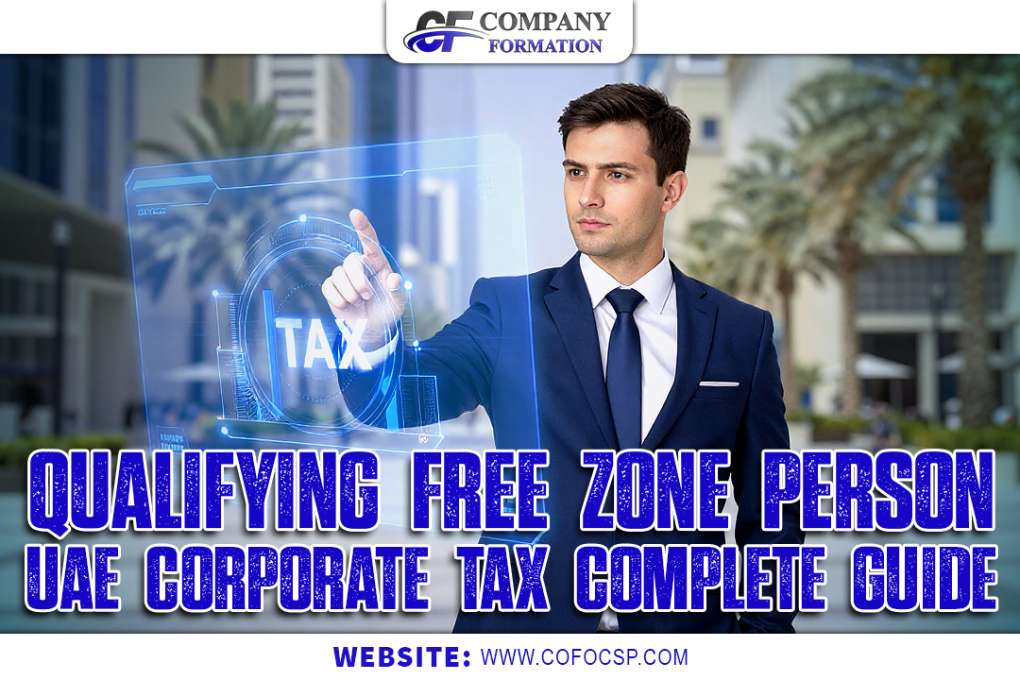How to File Corporate Tax for UAE Freezone Companies | A Practical Guide for Business Owners
Running a business in a UAE Free Zone like DMCC, JAFZA, or ADGM comes with unique tax benefits, but the UAE Corporate Tax Law (Federal Decree-Law No. 47 of 2022) introduced in June 2023 adds new responsibilities. As a business owner, you’re likely wondering: How do I file corporate tax for my Freezone company? This guide answers that question with clear, actionable steps to ensure tax compliance, maintain Qualifying Free Zone Person (QFZP) status, and secure a 0% tax rate on qualifying income. I’ll walk you through the process as if I were filing for my own Free Zone company, addressing People Also Ask questions and filling gaps like 2025 FTA updates and AI-assisted compliance.
What Is a Qualifying Free Zone Person in UAE?
A Qualifying Free Zone Person (QFZP) is a juridical person (e.g., LLC, not a sole proprietorship) registered in a Free Zone or Designated Zone that qualifies for a 0% corporate tax rate on qualifying income, as per Federal Decree-Law No. 47 of 2022. Think of it as your ticket to tax exemptions in places like DMCC or JAFZA. To qualify, you must meet strict conditions set by the Federal Tax Authority (FTA) and UAE Ministry of Finance.
Conditions for QFZP Status
- Adequate substance: Maintain physical premises and employees in the Free Zone for core income-generating activities (CIGA), like manufacturing or logistics.
- Qualifying income: Earn revenue from qualifying activities listed in Ministerial Decision No. 139 of 2023.
- No standard tax election: Avoid opting for the 9% corporate tax rate applicable to mainland businesses.
- Arm’s length principle: Ensure transfer pricing compliance for transactions with related parties.
- Audited financial statements: Follow International Financial Reporting Standards (IFRS).
- De minimis requirement: Keep non-qualifying income below AED 5 million or 5% of total revenue, per Cabinet Decision No. 265 of 2023.
Why Do Free Zone Companies Need to File Corporate Tax?
Yes, even Free Zone companies must file corporate tax returns under the UAE Corporate Tax Law, effective for financial years starting on or after June 1, 2023. While Qualifying Free Zone Persons enjoy a 0% tax rate on qualifying income, all Free Zone Persons must register with the FTA and file returns to report qualifying and non-qualifying income. This ensures tax transparency and alignment with OECD BEPS 2.0 standards, reinforcing the UAE’s global hub status.
Why It Matters
- Compliance: Filing is mandatory, even if no tax is due, to avoid administrative penalties.
- Tax Benefits: Proper filing secures the 0% tax rate for QFZPs.
- Economic Substance: Demonstrates your business’s substance in the Free Zone, supporting FDI incentives.
How Do I Confirm My Free Zone Status for Tax Purposes?
First, verify if your business operates in a Free Zone or Designated Zone recognized for corporate tax purposes. The UAE Cabinet, via decisions like Cabinet Decision No. 265 of 2023, designates these zones. Contact your Free Zone Authority (e.g., DMCC, JAFZA, ADGM) to confirm your status.
Steps to Confirm
- Check registration: Ensure your company is a juridical person registered in a Free Zone.
- Verify Designated Zone: Confirm with the Free Zone Authority if your zone qualifies for tax exemptions.
- Review activities: Ensure your operations align with qualifying activities to maintain QFZP status.
What Are the Steps to File Corporate Tax for Freezone Companies?
Filing corporate tax for UAE Freezone companies is a clear process if you follow these steps. I’ve broken it down based on my experience helping Free Zone businesses navigate the EmaraTax portal.
Step-by-Step Filing Process
Register with the FTA:
- Sign up on the EmaraTax portal and submit your tax registration application, per FTA Decision No. 3 of 2024.
- Include business details like Free Zone registration and juridical person status.
Prepare Audited Financial Statements:
- Maintain IFRS-compliant records, even for startups with no revenue.
- Document qualifying income (e.g., from logistics services) and non-qualifying income (e.g., from excluded activities).
Segregate Income:
- Separate qualifying income (0% tax) from non-qualifying income (9% tax).
- Use accounting software to track revenue sources accurately.
Comply with Transfer Pricing:
- Prepare transfer pricing documentation for related party transactions.
- Apply the arm’s length principle to allocate profits fairly.
File Your Tax Return:
- Submit your corporate tax return within 9 months of your financial year-end via the EmaraTax portal.
- Pay any 9% tax on non-qualifying income if applicable.
Retain Records:
Keep financial statements, audit documentation, and transfer pricing records for 7 years.
How Can I Calculate Corporate Tax for My Freezone Company?
Calculating corporate tax for Freezone companies involves separating qualifying income (0% tax) from non-qualifying income (9% tax) and applying de minimis rules. Here’s how I approach it for clarity.
Calculation Process
Identify Revenue Streams:
- Qualifying income: From qualifying activities like manufacturing or Designated Zone trading.
- Non-qualifying income: From excluded activities or permanent establishments (e.g., Domestic Permanent Establishment (DPE) or Foreign Permanent Establishment (FPE)).
Allocate Expenses:
- Assign direct expenses to each income type.
- For indirect expenses, use a pro rata allocation based on revenue or arm’s length principles.
Apply De Minimis Rules:
- Ensure non-qualifying income is below AED 5 million or 5% of total revenue.
Calculate Taxable Income:
- Apply tax adjustments (e.g., depreciation, provisions) to non-qualifying income.
- Tax at 9% if applicable; qualifying income remains at 0%.
What Are Qualifying Activities for the 0% Tax Rate?
Qualifying activities are specific operations that generate qualifying income eligible for the 0% tax rate, as outlined in Ministerial Decision No. 139 of 2023. These activities are the backbone of QFZP benefits.
List of Qualifying Activities
- Manufacturing: Producing goods or assembling components.
- Processing: Fabrication or packaging without creating new products.
- Trading of Qualifying Commodities: Raw commodities like metals or energy traded on recognized exchanges.
- Holding Shares/Securities: Investments held for 12+ months, including cryptocurrency.
- Ship Operations: International transportation or offshore services.
- Logistics Services: Warehousing, freight forwarding, or order fulfillment in Designated Zones.
- Reinsurance and Fund Management: Under UAE regulatory oversight.
- Headquarter Services: Strategic management for related parties.
- Aircraft Financing/Leasing: Including sub-leasing and asset management.
What Is Non-Qualifying Income and How Does the De Minimis Rule Work?
Non-qualifying income is revenue from excluded activities or permanent establishments, taxed at 9%. The de minimis rule ensures QFZPs maintain 0% tax if non-qualifying income stays below AED 5 million or 5% of total revenue.
Excluded Activities
- Transactions with natural persons (except for ships, fund management, or aircraft leasing).
- Banking and insurance (excluding reinsurance).
- Non-commercial property outside Free Zones.
- Financing/leasing (except for ships, aircraft, or related parties).
De Minimis Rule Explained
- Threshold: Non-qualifying income must be below AED 5 million or 5% of total revenue.
- Impact: Exceeding the threshold taxes non-qualifying income at 9% and risks QFZP status loss for five years.
How Do I Meet Compliance Requirements for Free Zone Tax Filing?
Tax compliance is non-negotiable for Free Zone companies to maintain QFZP status and avoid penalties. Here’s what I’ve learned from helping clients stay compliant.
Key Compliance Requirements
- Tax Registration: Register via the EmaraTax portal within FTA deadlines.
- Audited Financial Statements: Maintain IFRS-compliant records, even for low-revenue startups.
- Transfer Pricing Documentation: Document related party transactions per arm’s length principle.
- Economic Substance: Prove CIGA like manufacturing or logistics occur in the Free Zone.
- Record Retention: Keep audit documentation and financial statements for 7 years.
How Can I Avoid Penalties and Maintain QFZP Status?
Non-compliance risks administrative penalties and loss of QFZP status. Here’s how I ensure my clients stay on track.
Strategies to Avoid Penalties
- Timely Registration: Register with the FTA to avoid fines.
- Accurate Filing: Submit tax returns within 9 months of the financial year-end.
- De Minimis Compliance: Monitor non-qualifying income to stay below thresholds.
- Regular Audits: Conduct internal reviews of financial statements and transfer pricing.
File an appeal via the EmaraTax portal with audit documentation within FTA deadlines, typically 40 days.
How Does Free Zone Corporate Tax Compare to Mainland Tax?
Free Zone and mainland businesses face different tax structures under the UAE Corporate Tax Law.
| Aspect | Free Zone | Mainland |
| Tax Rate | 0% on qualifying income; 9% on non-qualifying income | 0% up to AED 375,000; 9% above |
| Eligibility | Requires QFZP status | Applies to all taxable businesses |
| Compliance | IFRS audits, transfer pricing | Standard FTA compliance |
| Exemptions | Qualifying income, double taxation treaties | Limited exemptions |
What Are the Latest 2025 Free Zone Tax Updates?
The FTA and UAE Cabinet periodically update Designated Zone lists and compliance protocols. As of 2025, check the FTA website or your Free Zone Authority for new Cabinet Decisions on zones like DMCC or JAFZA. Recent updates may include digital filing enhancements on the EmaraTax portal and stricter economic substance checks.
How Can AI Tools Assist Free Zone Tax Compliance?
AI tools streamline tax compliance by automating income segregation, transfer pricing calculations, and audit preparation. Tools like expense management platforms can:
- Track qualifying income and non-qualifying income in real-time.
- Generate IFRS-compliant reports for FTA audits.
- Flag de minimis threshold breaches to avoid penalties.
FAQs on UAE Freezone Corporate Tax
Q1: When does the UAE corporate tax take effect?
It applies to financial years starting on or after June 1, 2023, per Federal Decree-Law No. 47 of 2022.
Q2: Who needs to register for UAE corporate tax?
All Free Zone Persons, including QFZPs, must register with the FTA, except non-residents with no permanent establishment.
Q3: How can a Freezone company determine its applicable tax rate?
Segregate qualifying income (0%) from non-qualifying income (9%) and ensure de minimis compliance.
Q4: What is the list of Designated Free Zones in UAE for Corporate Tax?
Check FTA or Free Zone Authority resources for updated lists, as per Cabinet Decision No. 265 of 2023.
Conclusion: File Your Freezone Corporate Tax with Confidence
Filing corporate tax for UAE Freezone companies doesn’t have to be daunting. By confirming your Free Zone status, registering with the FTA, maintaining audited financial statements, and monitoring qualifying income, you can secure a 0% tax rate as a Qualifying Free Zone Person. Use tools like the EmaraTax portal and AI platforms to simplify compliance and avoid penalties. Stay updated with FTA circulars 2025 and consult tax advisory services for complex cases. Start your filing journey today and keep your Free Zone company thriving in the UAE’s global hub.








